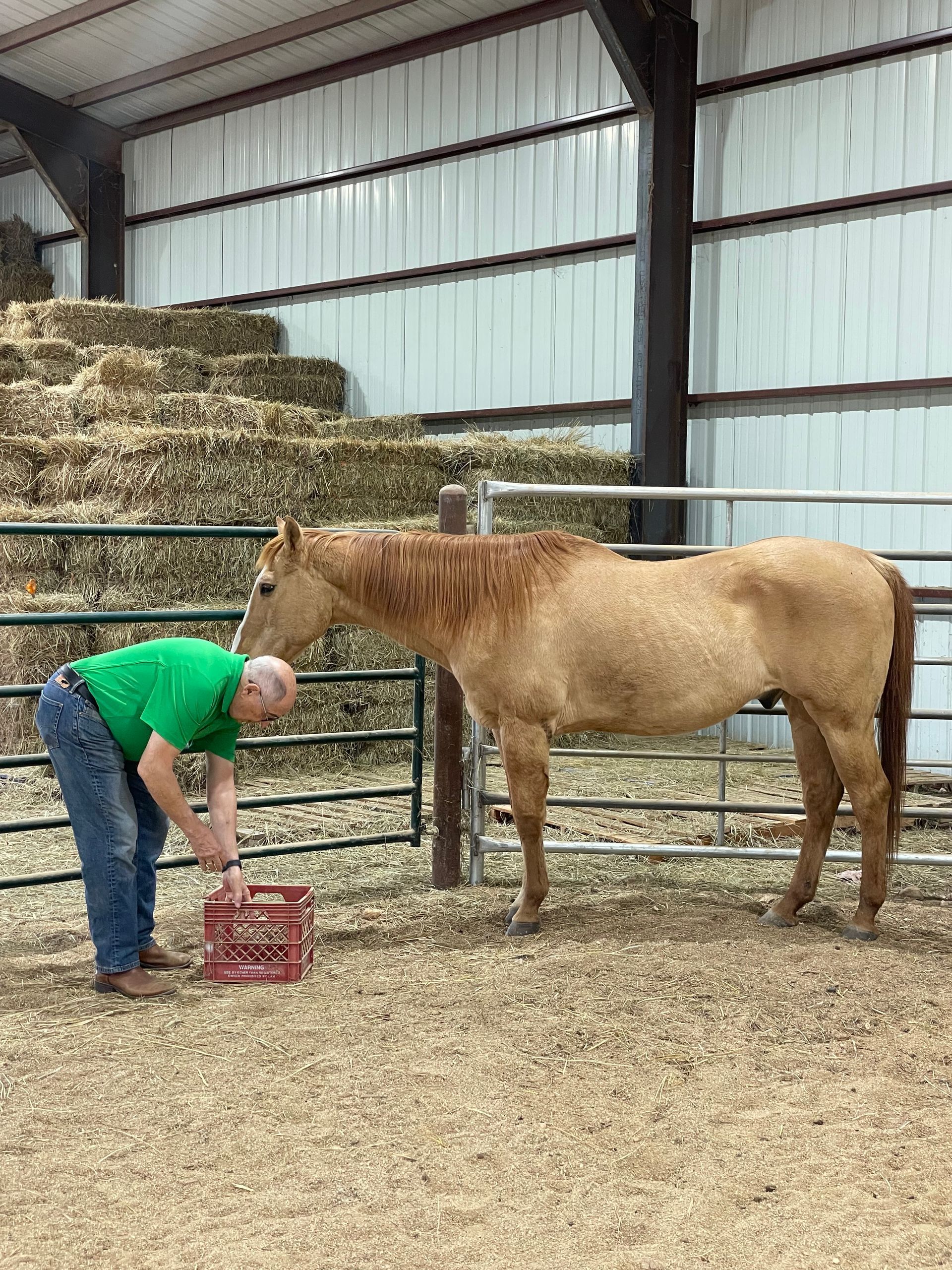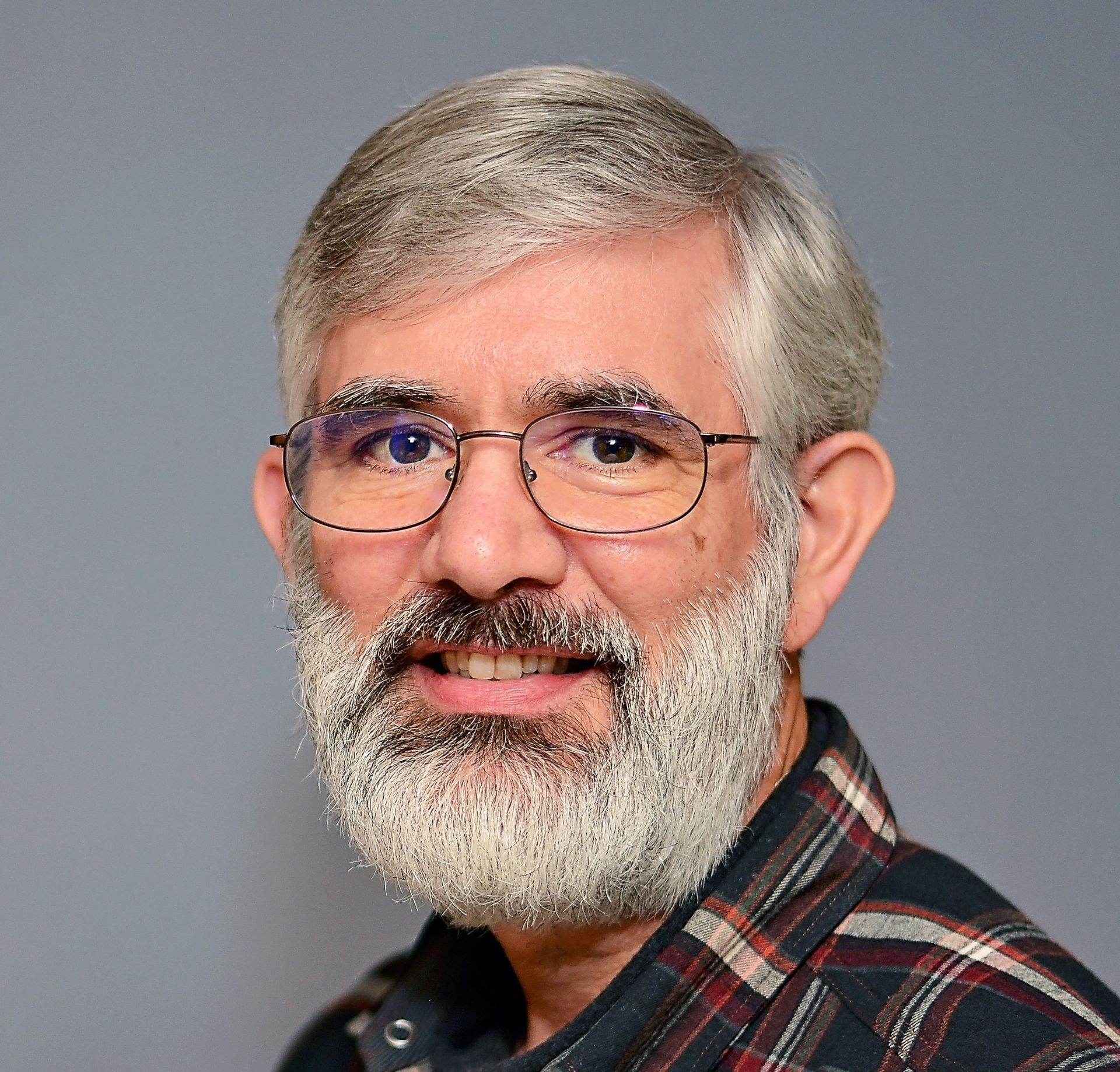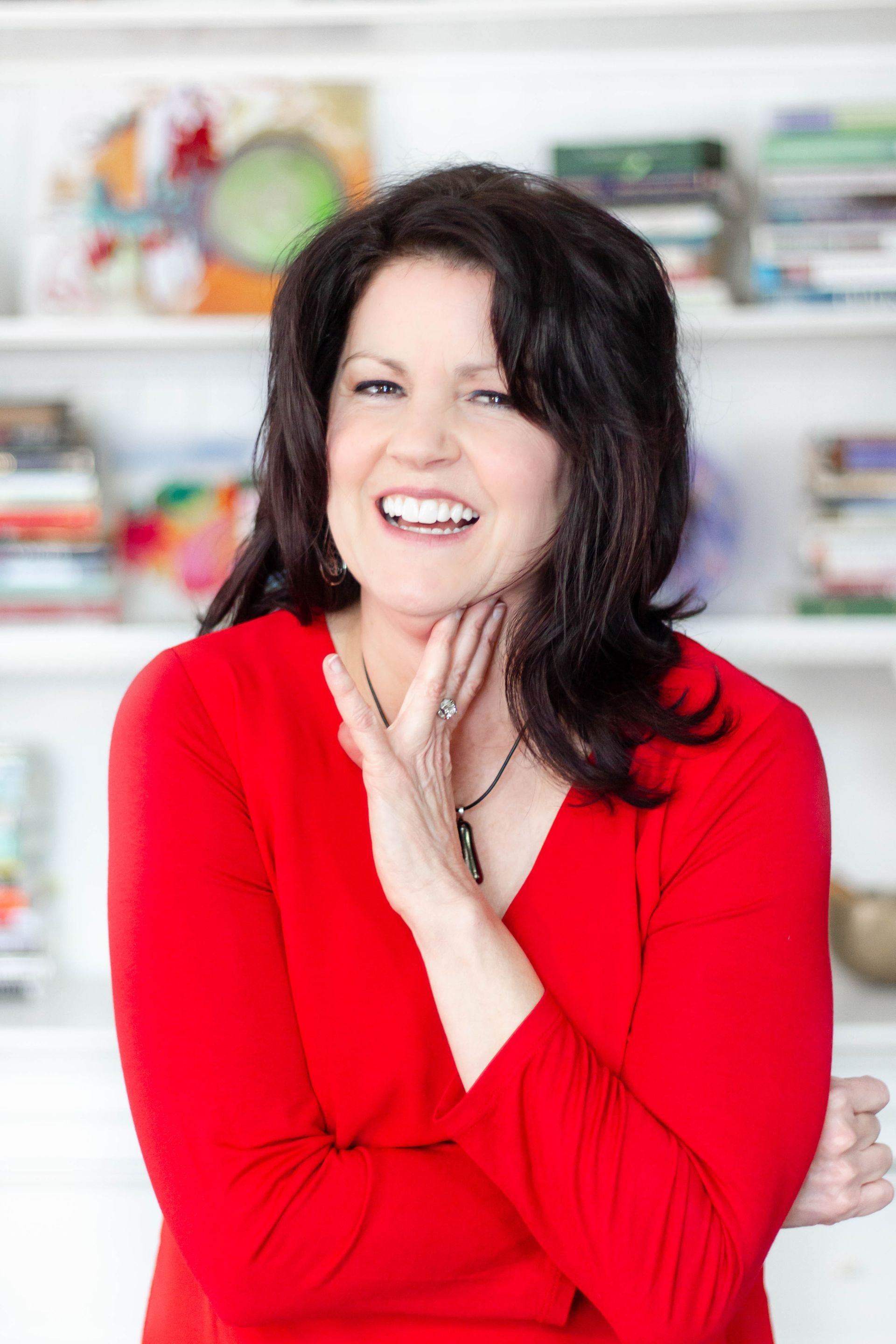Mental Health & Well-Being In Business

The Growing Epidemic
Research shows that workplace stressors such as long hours, economic insecurity, work–family conflict, and high job demands coupled with low job control cost approximately $180 billion and 120,000 unnecessary deaths annually in the United States.
According to the World Health Organization, depression and anxiety disorders cost the global economy an estimated $1 trillion per year in lost productivity.
People with mental and substance use disorders, as well as those that have experienced psychological trauma, are at higher risk for chronic diseases such as diabietes, heart disease, and musculoskeletal problems.
Why Involve Business Leaders?
The Return On Investment
A Harvard Business Review article noted that "$4 is returned to the economy for every $1 spent caring for people with mental health challenges."
It is a win-win for all involved.

Mental Health First Aid
There's a program that can help your teams identify those experiencing mental health challenges, how to engage them and get them connected with the resources and support they need.
It is called Mental Health First Aid.
Lora begins classes for businesses January 2024. Get on the list to get your teams educated and aware.
Get the insights and expertise from a licensed therapist and trained business coach.
Horses For Healthy Communities
Horses help in many capacities to help humans grow, heal, and learn so communities become healthy and strong. They help in:
- Resilience
- Compassion fatigue
- Mental health challenges
- Leadership development & team building
- Life skills, bullying
- Communication and business or life coaching
- So much more!
Horses offer a safe space for authenticity, healing and growth.
- No riding. All work done from the ground and no knowledge needed to participate.
- Horses won't judge you.
- Accept you for who you are
- Horses offer a way to connect with a sentient being in an age of disconnectedness.

What does a session with horses look like?
A session includes participants, props for symbolism, horses that are vetted for the work, and facilitators.
Horses interact with participants in a psychologically and mentally safe environment in a way that allows the metaphors of life and business to unfold.
Facilitators are trained and certifed
Watch a session segment in this video clip here.

William Hancy, MSOD
William’s work-life journey spans four careers: military, consultancy, higher education, and farming. He served honorably in the United States Air Force where for 23 years, 17 of which were overseas. Upon his retirement, he transitioned to a career as an organizational development consultant, serving two private firms before venturing on his own as a sole proprietor. His clients included school systems, state and federal government agencies, and manufacturing companies. His third career included instructor positions at Champlain College’s Graduate Studies and Stiller School of Business, as well as the Director of Operations at the David L. Cooperrider Center for Appreciative Inquiry. His current career is that of a farmer that is a culmination of his previous careers. He is a Behavioral Farmer and Chief Reinvention Officer at Chiron Revelations, LLC.
He partners with horses to offer people opportunities to see and experience themselves in ways they may have only imagined—from becoming more self-confident, honing leadership skills, or dealing with many of life’s transitions and changes.
Two common threads through all of William’s careers have been serving and developing others, combining his experiences with his education and training. He earned a master’s degree in Organizational Development from American University/National Training Laboratory and a graduate certificate as a Hopkins Fellows in Managing Change from Johns Hopkins University. He is a Certified Reinvention Practitioner, an Appreciative Inquiry Practitioner, a Strengthscope Practitioner, a Future Search Practitioner, and is Myers-Briggs Type Indicator Qualified. He lives in Swanton, Vermont with his wife Julie, and their Samoyed, three miniature horses, and a flock of chickens.

Deborah COX, PhD.
Deborah Cox is a licensed psychologist, writer, certified EMDR therapist, and artist in Springfield, Missouri. Deborah is certified in Tapping (EFT), trained in Reiki, and uses Performance EMDR
methods to coach musicians, writers, business owners, and students.
She holds the Ph.D. in counseling psychology from Texas Woman’s University, and board certification in couple and family psychology from the American Academy of Couple and Family Psychology. Former Vice President for Practice of the Society for Family Psychology of the APA, Deborah is former editor of The Family Psychologist. She also holds college and university research awards for her study of women’s anger at Missouri State University and she co-authored The Anger Advantage
.
Her focus is on bringing flow, creative energy, and results to business or whatever project the focus is on. You can cause greater outcomes and have more impact when you “rearrange the furniture” in your life, both internally and externally
